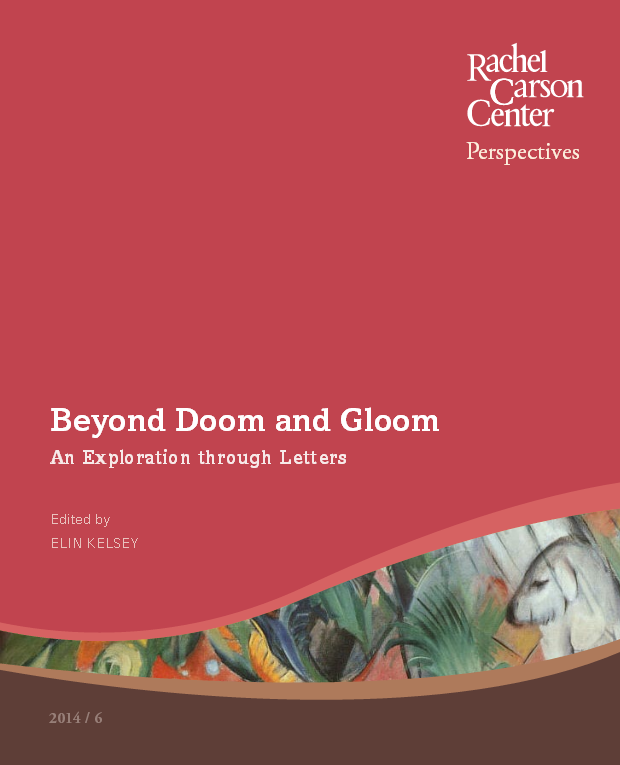Who Needs Rights of Nature?
Jens Kersten outlines the five possible ways of framing Nature that currently exist within our legal system.
Jens Kersten outlines the five possible ways of framing Nature that currently exist within our legal system.
Tabios Hillebrecht examines layers of power involved in human-nature relations, and how they can undermine Rights of Nature.
Berros describes some of the first cases in which Rights of Nature was directly referenced in the courts of Ecuador.
Kalantzakos describes how flawed policy decisions damaged Greece’s Archeloos river, and how Rights of Nature could have mitigated the damage.
Mariqueo-Russell highlights the mutually supportive relationship between Rights of Nature and the Precautionary Principal.
The Philippine Mining Act, a pro-mining piece of legislation providing heavy incentives to foreign companies, is signed into law on 3 March 1995. It stirs extensive court battles between the government and anti-mining indigenous people.
Since June 1906 the Antiquities Act gives the United States federal government the power to protect and preserve areas of public land or resources that hold cultural or historic value.
To read the RCC Perspectives issue “Beyond Doom and Gloom. An Exploration through Letters” please click on the image and the issue will open in a new tab.

Cover of the Perspectives issue Beyond Doom and Gloom
Cover of the Perspectives issue Beyond Doom and Gloom
Cover of the RCC Perspectives issue: Kelsey, Elin (ed.), “Beyond Doom and Gloom: An Exploration through Letters,” RCC Perspectives 2014, no. 6. Design by Stefan Zinsbacher. Cover photo courtesy of Wikipedia Commons. Copyright by the Rachel Carson Center.
Contents
Introduction
In 1932, the Soviet Union dictator Joseph Stalin enacts policies in Ukraine that seek to decimate nationalist aspirations for independence and force collectivization on the peasantry. These measures amplified into a grand famine and led to the death of an estimated 3.5 million people.
Does it make sense to say that one should not, or ought not, take pleasure in certain objects or events within the natural environment? Cheryl Foster explores ethical constraints on aesthetic activity and appreciation.